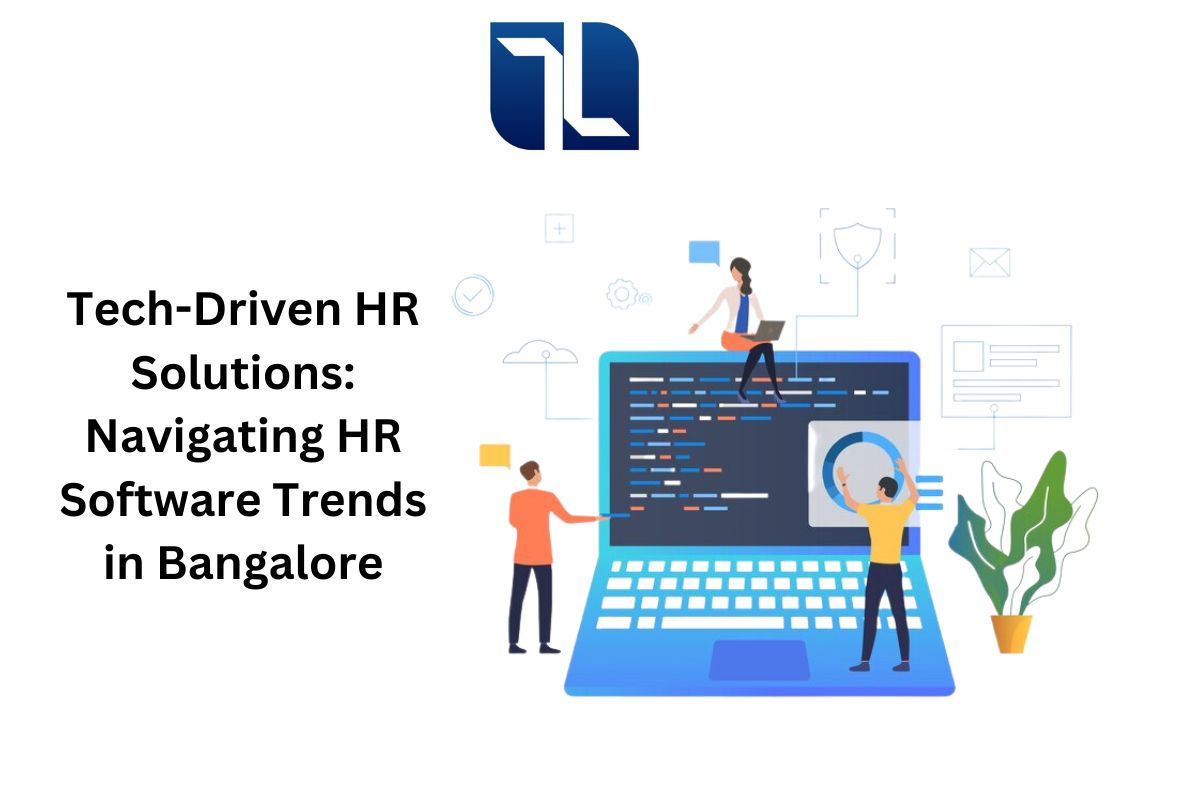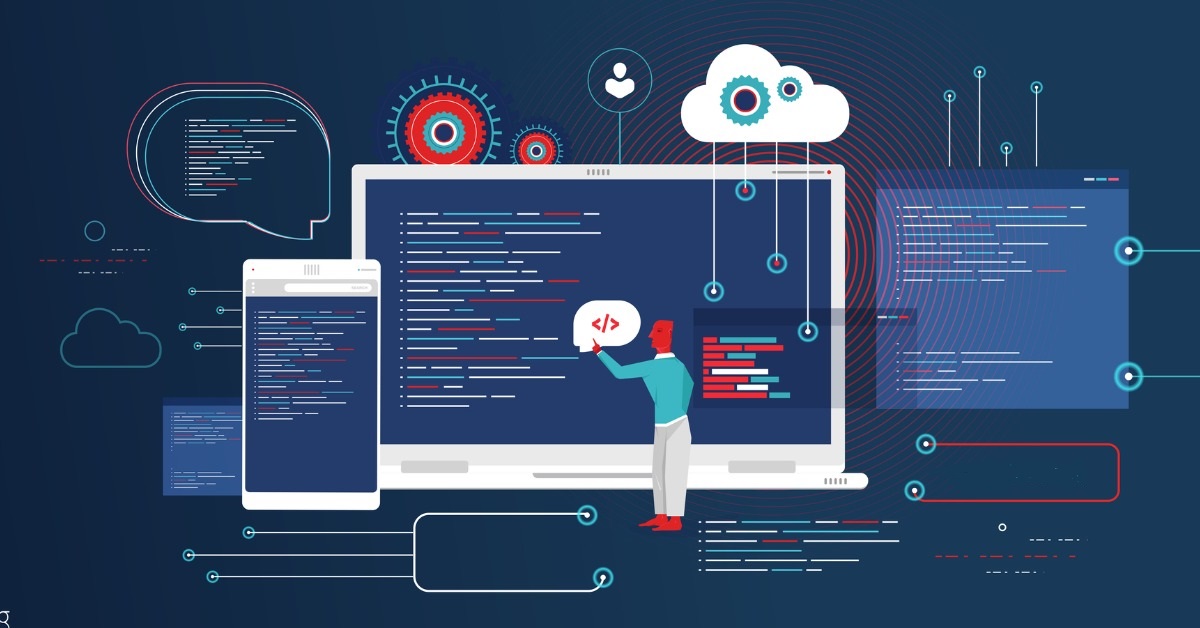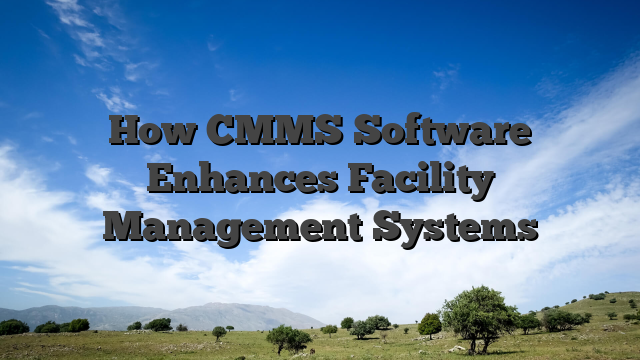In the fast-paced and ever-evolving world of human resources, staying ahead of the curve is paramount for businesses in Bangalore. With technology revolutionizing the way HR functions, companies are increasingly turning to tech-driven HR solutions to streamline their processes and boost efficiency. From recruitment and employee management to payroll and performance evaluation, HR software is reshaping the landscape of HR practices in Bangalore.
This article delves into the latest HR software trends in Bangalore, providing insights into the innovative solutions that are transforming the way HR departments operate. From AI-powered recruitment platforms to cloud-based payroll systems, we explore how these cutting-edge HR technologies are driving significant improvements in productivity, employee satisfaction, and overall organizational success.
The Importance of Technology in HR
Technology has become an integral part of HR functions, enabling organizations to automate manual processes, reduce administrative burden, and make data-driven decisions. In Bangalore, where the tech industry thrives, HR departments are embracing technology to stay competitive and attract top talent.
One of the key benefits of using HR software is the ability to streamline recruitment processes. AI-powered recruitment platforms analyze resumes, conduct automated interviews, and generate candidate rankings, saving HR professionals valuable time and effort. These platforms also help identify suitable candidates based on specific job requirements, resulting in more accurate and efficient hiring.
Another area where HR software has made significant strides is employee management. Cloud-based HR systems allow for centralized employee data management, making it easier to track attendance, manage leaves, and monitor performance. This not only improves efficiency but also enhances transparency within the organization, fostering a culture of accountability and fairness.
Furthermore, HR software provides valuable insights into employee engagement and satisfaction. With features like employee surveys and performance evaluations, organizations can gather feedback and identify areas for improvement. By leveraging this data, HR teams can implement targeted strategies to boost employee morale, retention, and overall job satisfaction.
Common HR Software Solutions in Bangalore
In Bangalore, a wide range of HR software solutions are available to cater to the diverse needs of organizations. These solutions offer various modules and functionalities, allowing businesses to customize their HR processes according to their specific requirements.
One common HR software solution used in Bangalore is the Applicant Tracking System (ATS). ATS helps streamline the recruitment process by automating tasks such as job posting, resume screening, and interview scheduling. It also allows HR professionals to track candidate progress and collaborate with hiring managers, ensuring a seamless hiring experience.
Another popular HR software solution is the Human Resource Information System (HRIS). HRIS provides a centralized database for employee information, including personal details, employment history, training records, and performance evaluations. This comprehensive system eliminates the need for manual record-keeping and enables HR professionals to access employee data in real-time, facilitating informed decision-making.
Payroll management is another critical aspect of HR software in Bangalore. Cloud-based payroll systems offer features such as automated salary calculations, tax deductions, and direct deposit options. These systems ensure accurate and timely payment processing while reducing the risk of errors and compliance issues.
Additionally, learning management systems (LMS) are gaining popularity in Bangalore. LMS platforms allow organizations to create and deliver online training courses, track employee progress, and assess learning outcomes. This enables businesses to provide continuous learning opportunities to their employees, enhancing their skills and knowledge.
Benefits of using HR Software
The adoption of HR software brings numerous benefits to organizations in Bangalore, regardless of their size or industry. These benefits extend across various HR functions, impacting the efficiency, effectiveness, and overall success of the HR department.
One of the primary advantages of using HR software is the significant time and cost savings it offers. Automating manual HR processes reduces the administrative burden on HR professionals, allowing them to focus on strategic initiatives and value-added tasks. This not only improves productivity but also frees up resources that can be allocated to other critical areas of the business.
Moreover, HR software enhances data accuracy and reliability. By eliminating manual data entry and relying on automated systems, organizations can minimize errors and ensure the integrity of their HR data. This is particularly crucial when it comes to payroll processing, as inaccuracies can lead to employee dissatisfaction and compliance issues.
Another key benefit is improved employee engagement and satisfaction. HR software provides employees with self-service portals, enabling them to access their personal information, submit leave requests, and view important company updates. This empowers employees, giving them more control over their HR-related activities and fostering a sense of ownership and engagement.
Additionally, HR software facilitates better decision-making through data-driven insights. By consolidating employee data and generating analytics, organizations can identify trends, patterns, and areas for improvement. This enables HR professionals to make informed decisions that align with the organization’s goals and drive positive outcomes.
Key Features to Consider in HR Software
When selecting HR software for your organization in Bangalore, it’s essential to consider the key features that align with your specific needs and objectives. While the choice may vary depending on the size and nature of your business, there are several essential features that every HR software should possess.
- Recruitment and Applicant Tracking: Look for software that offers automated job posting, resume screening, and interview scheduling capabilities. An intuitive user interface and customizable recruitment workflows can streamline the hiring process and improve candidate experience.
- Employee Self-Service: A self-service portal empowers employees to access and update their personal information, view pay stubs, request time off, and participate in employee surveys. This feature promotes transparency, reduces administrative workload, and enhances employee engagement.
- Performance Management: Choose software that allows for easy performance evaluation, goal tracking, and feedback collection. Performance management features enable meaningful performance discussions, identify skill gaps, and facilitate professional development.
- Payroll and Benefits Administration: Look for software that automates payroll calculations, tax deductions, and benefits administration. Integration with local tax regulations and compliance requirements is essential to ensure accurate and timely payroll processing.
- Analytics and Reporting: Data-driven insights are crucial for informed decision-making. Look for software that offers customizable analytics dashboards, reports, and visualizations. The ability to generate reports on key HR metrics, such as turnover rates and training effectiveness, will help you track progress and identify areas for improvement.
Top HR Software Trends in Bangalore
As technology continues to evolve, new trends emerge in the HR software landscape in Bangalore. These trends are driven by the need for more efficient processes, improved employee experiences, and enhanced organizational performance. Here are some of the top HR software trends currently shaping the industry in Bangalore:
- AI-powered Recruitment and Chatbots: AI is revolutionizing the recruitment process by automating resume screening, conducting video interviews, and analyzing candidate fit. Chatbots are being used to provide instant responses to candidate queries and enhance the overall candidate experience.
- Mobile-First Approach: With the increasing use of smartphones, HR software is becoming more mobile-friendly. Mobile apps allow employees to access HR services on the go, enabling them to view payslips, request time off, and update personal information anytime, anywhere.
- Integrated HR Ecosystems: Organizations are moving towards integrated HR ecosystems that combine various HR functions into a single platform. This integration ensures seamless data flow, eliminates data silos, and enhances overall system efficiency.
- Data Security and Compliance: As data privacy regulations become more stringent, HR software providers are focusing on data security and compliance features. Encryption, secure data storage, and role-based access control are becoming standard practices in HR software solutions.
- Employee Experience Platforms: Employee experience platforms are gaining traction in Bangalore as organizations prioritize employee satisfaction and engagement. These platforms provide a holistic view of an employee’s journey, from recruitment to retirement, and offer personalized experiences based on individual preferences.
Challenges of Implementing HR Software
While HR software offers numerous benefits, it’s important to be aware of the challenges that may arise during the implementation process. Understanding these challenges and planning accordingly can help organizations navigate the transition smoothly.
One common challenge is resistance to change. Employees may be hesitant to adopt new technologies, especially if they are accustomed to traditional HR processes. Effective change management strategies, including training and communication, can help overcome resistance and ensure employee buy-in.
Another challenge is data migration and integration. Organizations often have existing HR systems and data that need to be migrated to the new software. This process requires careful planning, data cleansing, and integration to ensure a seamless transition and data accuracy.
Furthermore, customization and scalability can be challenging, especially for growing organizations. It’s important to select HR software that can be easily customized to meet specific requirements and accommodate future growth. Scalability ensures that the software can handle increasing data volumes and accommodate organizational changes.
Lastly, ongoing support and maintenance are crucial for the successful implementation of HR software. Organizations should consider the level of support provided by the software vendor, including training, technical assistance, and regular updates. This ensures that the software remains up-to-date and continues to meet the organization’s evolving needs.
Tips for Successful Adoption of HR Software
To maximize the benefits of HR software adoption, organizations in Bangalore should consider the following tips:
- Define Objectives: Clearly define your objectives and align them with the capabilities of the HR software. Identify the specific HR processes that need improvement and prioritize them accordingly.
- Involve Stakeholders: Involve key stakeholders, including HR professionals, managers, and employees, in the decision-making process. Their input and feedback will help ensure that the chosen software meets the needs of all stakeholders.
- Plan for Change: Develop a comprehensive change management plan that includes training, communication, and support. Address any concerns or resistance early on, and highlight the benefits of the new software to gain employee buy-in.
- Ensure Data Accuracy: Before implementing HR software, ensure that your data is accurate and up-to-date. Cleanse and validate your data to prevent any inconsistencies or errors during the migration process.
- Test and Evaluate: Conduct thorough testing of the HR software before full implementation. Identify any issues or areas for improvement and work closely with the software vendor to address them.
- Provide Ongoing Support: Offer ongoing training and support to employees to ensure they are comfortable using the new software. Regularly communicate updates and enhancements to keep employees engaged and informed.
- Monitor and Evaluate: Continuously monitor the performance and effectiveness of the HR software. Collect feedback from users and track key metrics to assess the impact of the software on HR processes and overall organizational success.
Choosing the Right HR Software for Your Organization
Selecting the right HR software for your organization in Bangalore requires careful consideration of your unique requirements, budget, and long-term goals. Here are some key factors to keep in mind during the selection process:
- Scalability: Choose HR software that can scale with your organization’s growth. Consider the number of employees you have currently and anticipate future growth to ensure the software can accommodate increasing data volumes and evolving needs.
- Integration Capabilities: Assess the software’s integration capabilities with other systems, such as accounting software, time and attendance systems, and performance management tools. Seamless integration eliminates data silos and ensures smooth data flow across various HR functions.
- Vendor Support: Evaluate the level of support provided by the software vendor. Consider factors such as training, technical assistance, and regular updates. A responsive and reliable vendor will ensure that your software remains up-to-date and meets your evolving needs.
- User Experience: Pay attention to the user interface and overall user experience of the software. A user-friendly interface will facilitate adoption and ensure that employees can navigate the system easily.
- Customization Options: Consider the level of customization offered by the software. Assess whether it can be tailored to meet your specific requirements and workflows. Customization ensures that the software aligns with your unique HR processes.
- Security Features: Data security is crucial when it comes to HR software. Evaluate the security features offered by the software, such as data encryption, secure storage, and role-based access control. Ensure that the software complies with data privacy regulations.
By carefully considering these factors and conducting thorough research, you can choose the right HR software that aligns with your organization’s needs and drives positive outcomes.
Conclusion
In conclusion, HR software is transforming the HR landscape in Bangalore, enabling organizations to streamline processes, improve efficiency, and enhance employee experiences. From AI-powered recruitment platforms to cloud-based payroll systems, HR software offers a wide range of innovative solutions to meet the diverse needs of businesses in Bangalore.
By embracing tech-driven HR solutions, organizations can gain a competitive edge in attracting and retaining top talent in this thriving business hub. However, successful adoption of HR software requires careful planning, change management, and ongoing support.
As HR software trends continue to evolve, organizations in Bangalore must stay informed and adapt to these changes. By leveraging the latest HR technologies, organizations can optimize their HR processes, drive employee engagement, and achieve overall organizational success in this tech-driven era.




